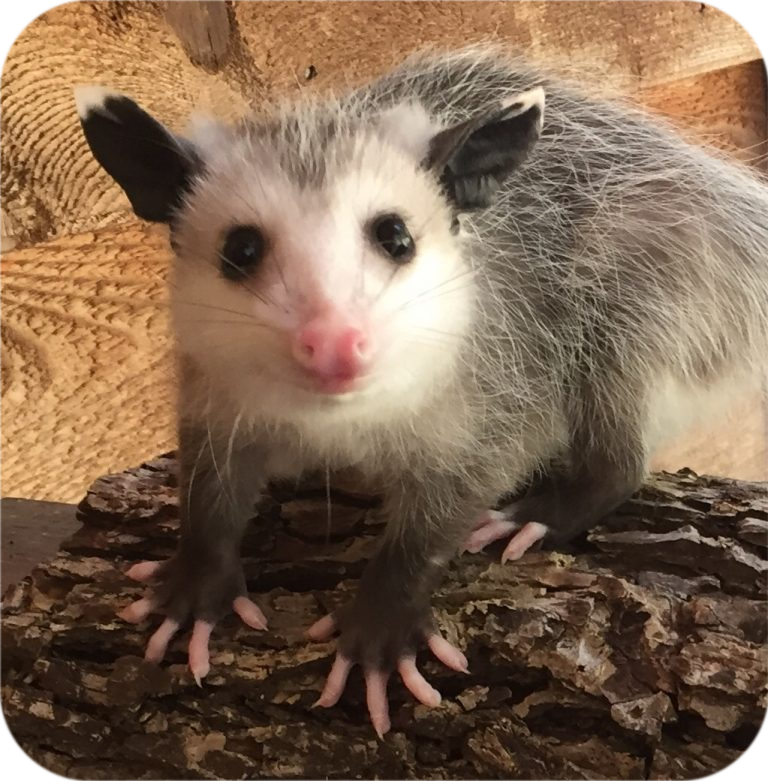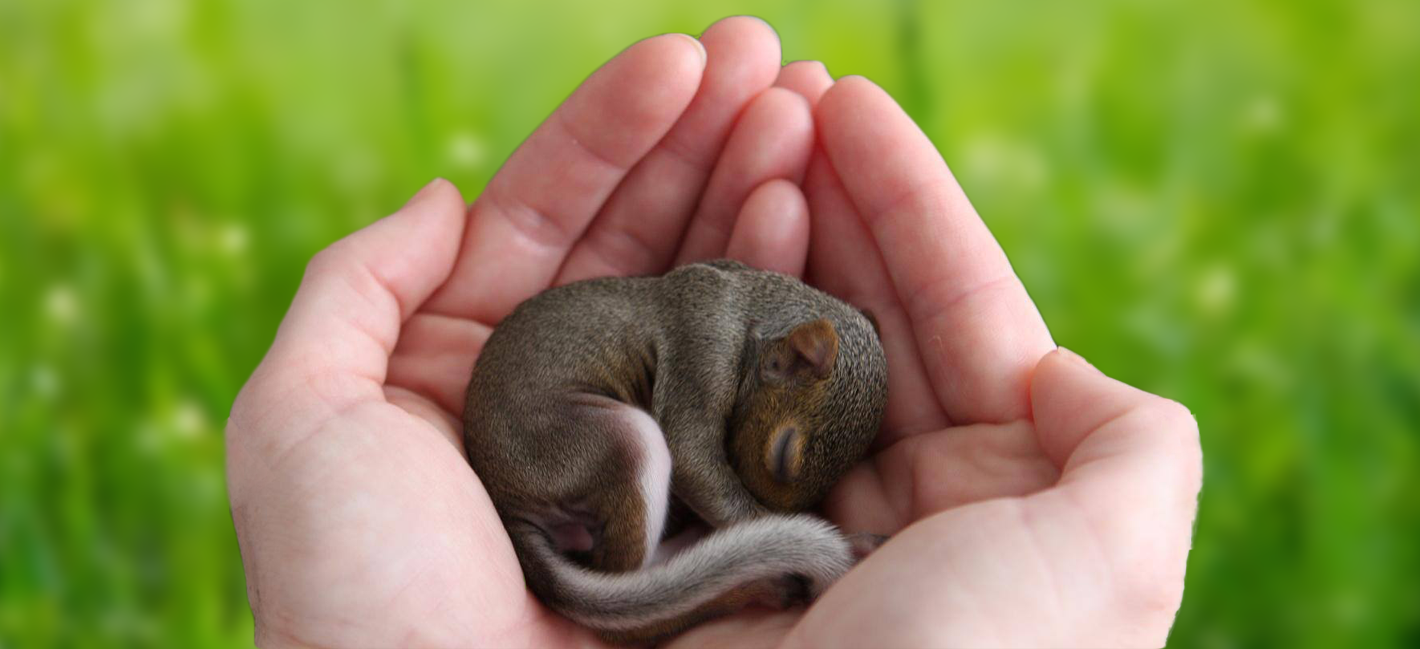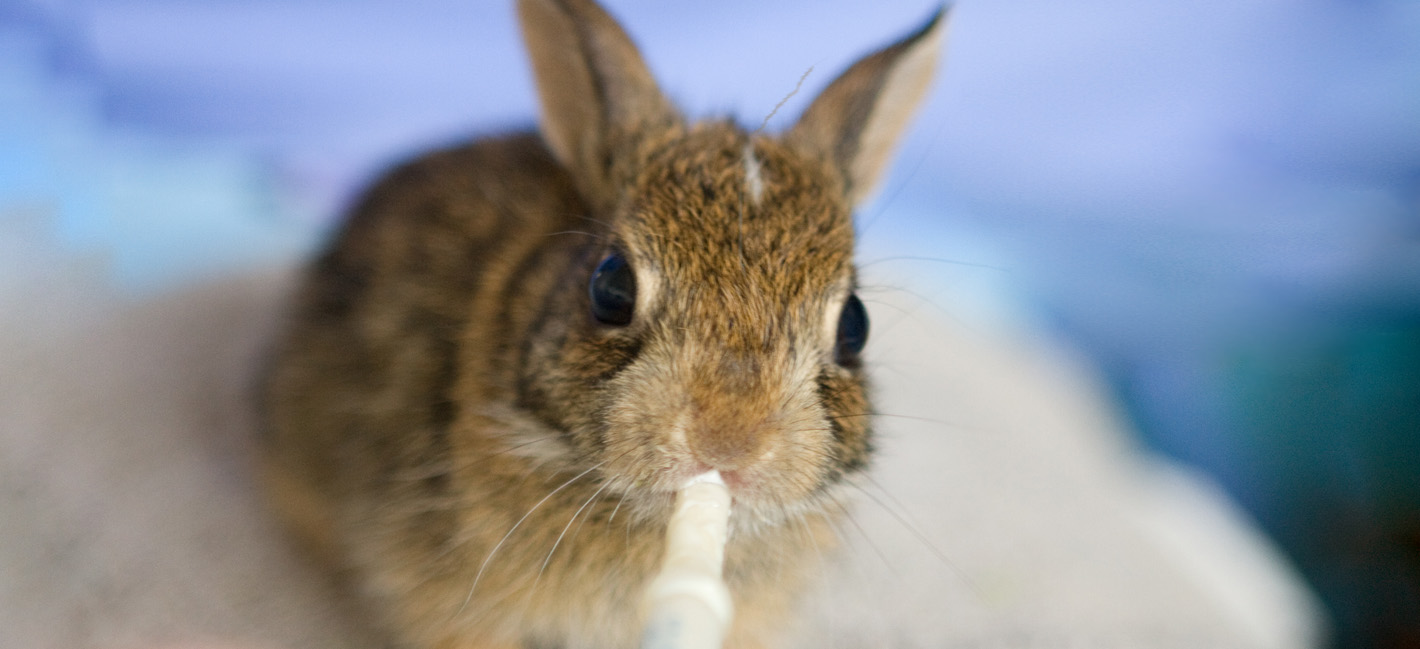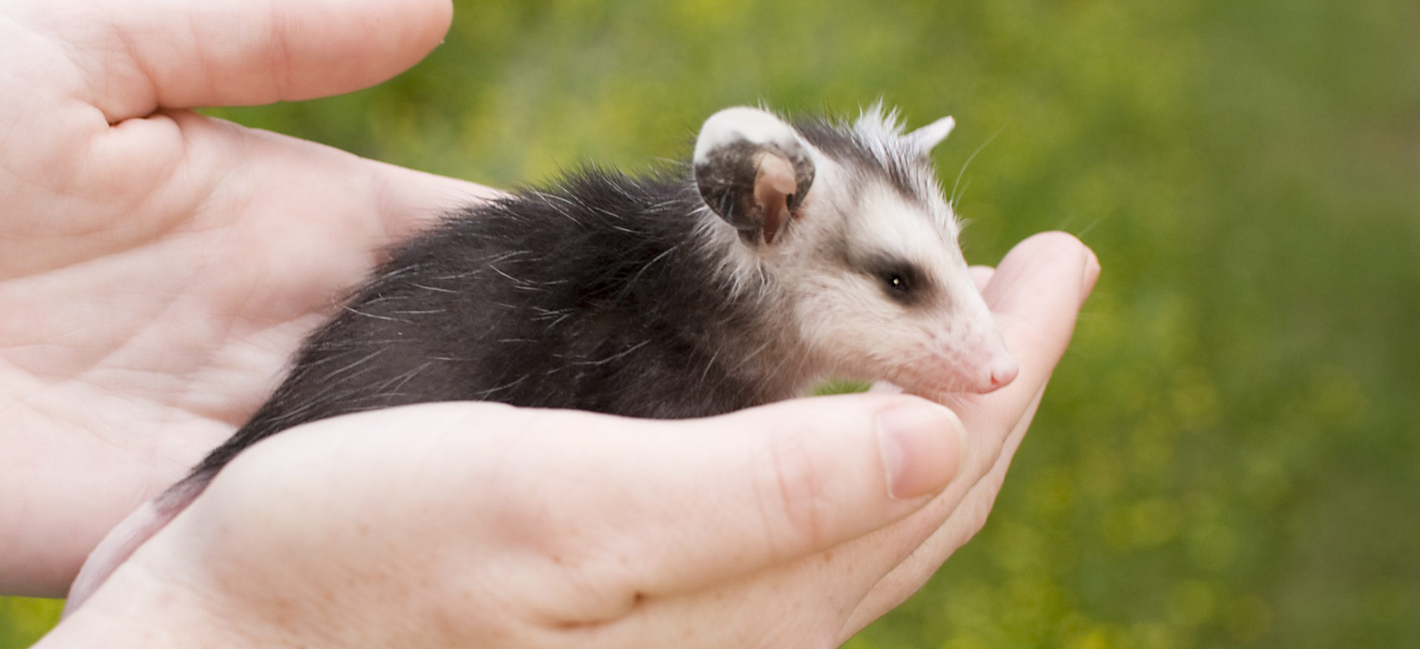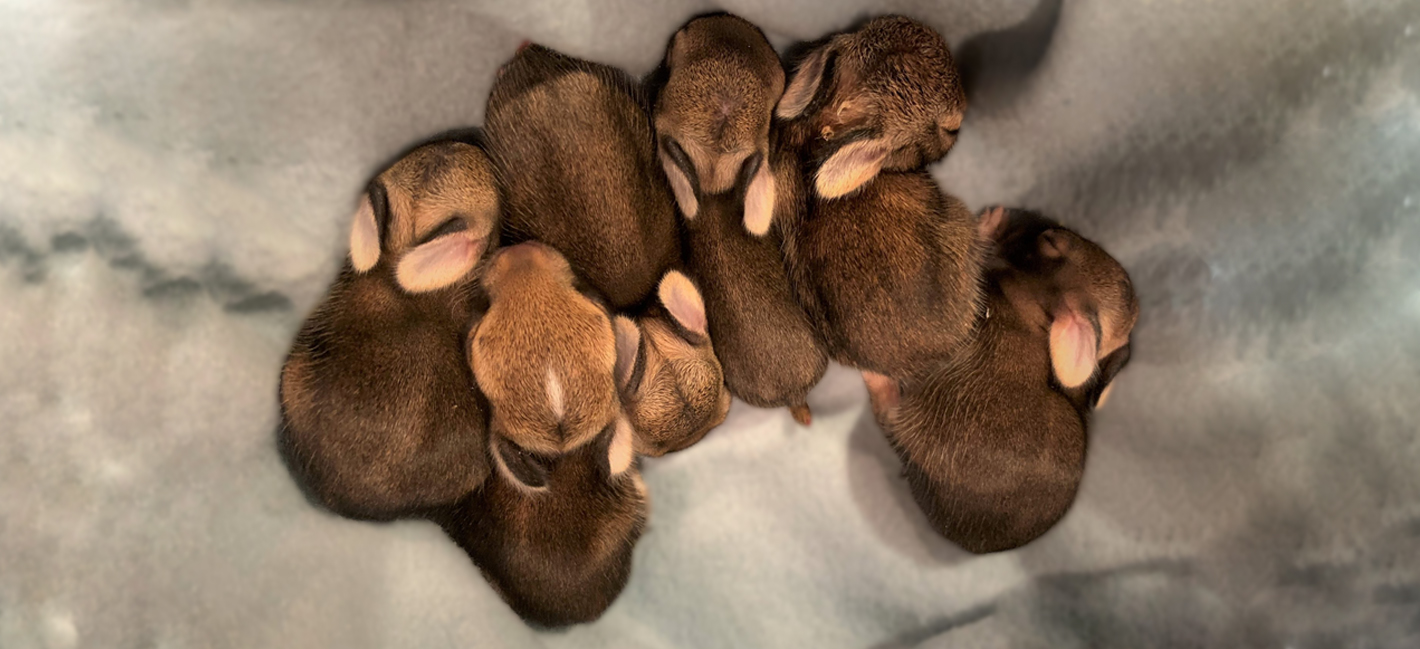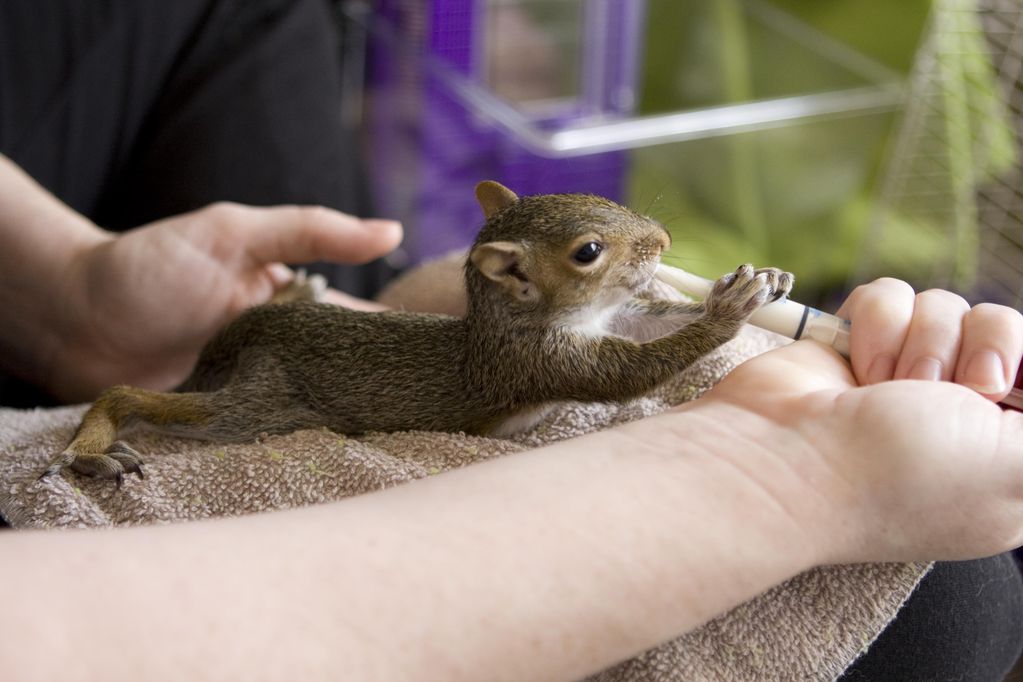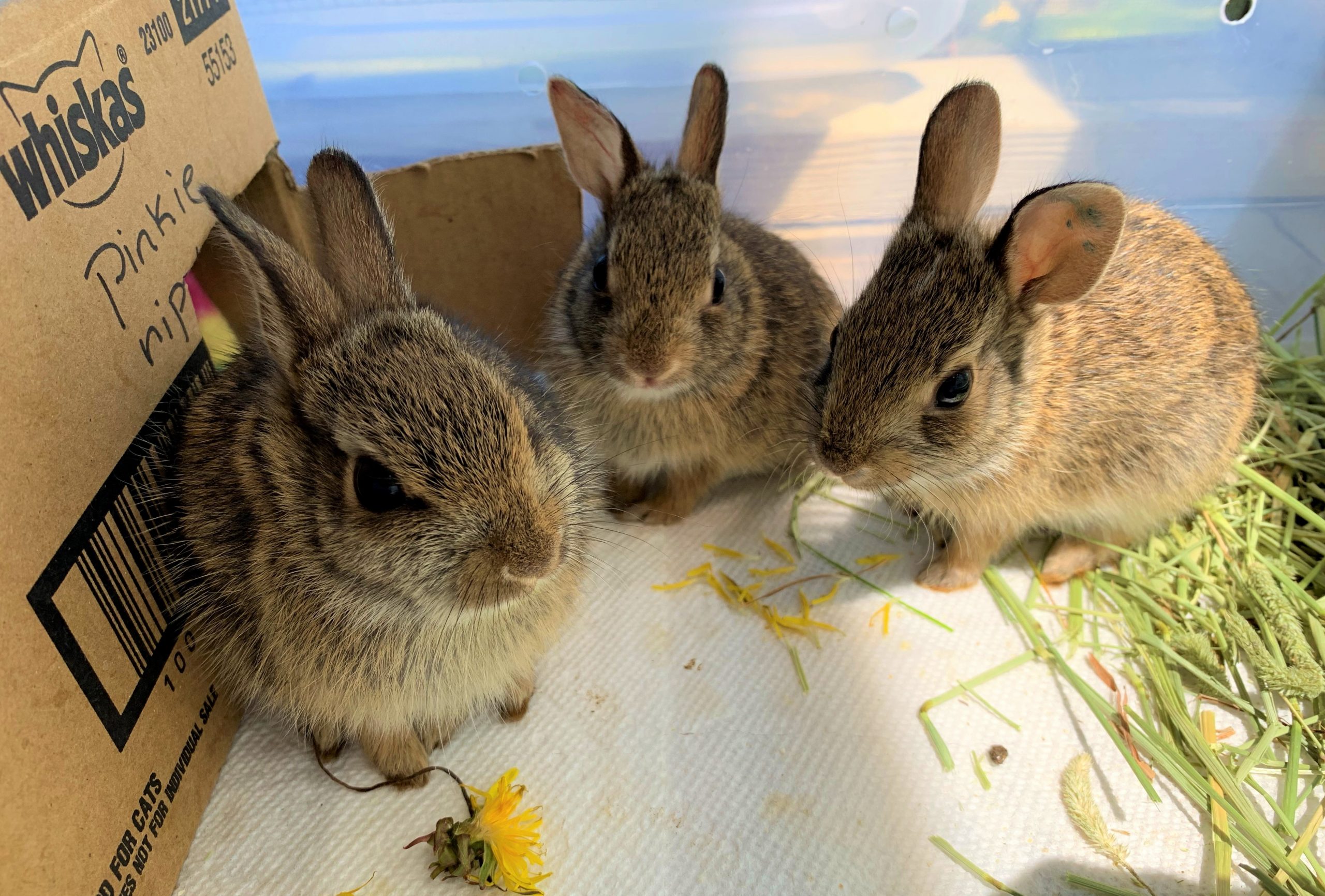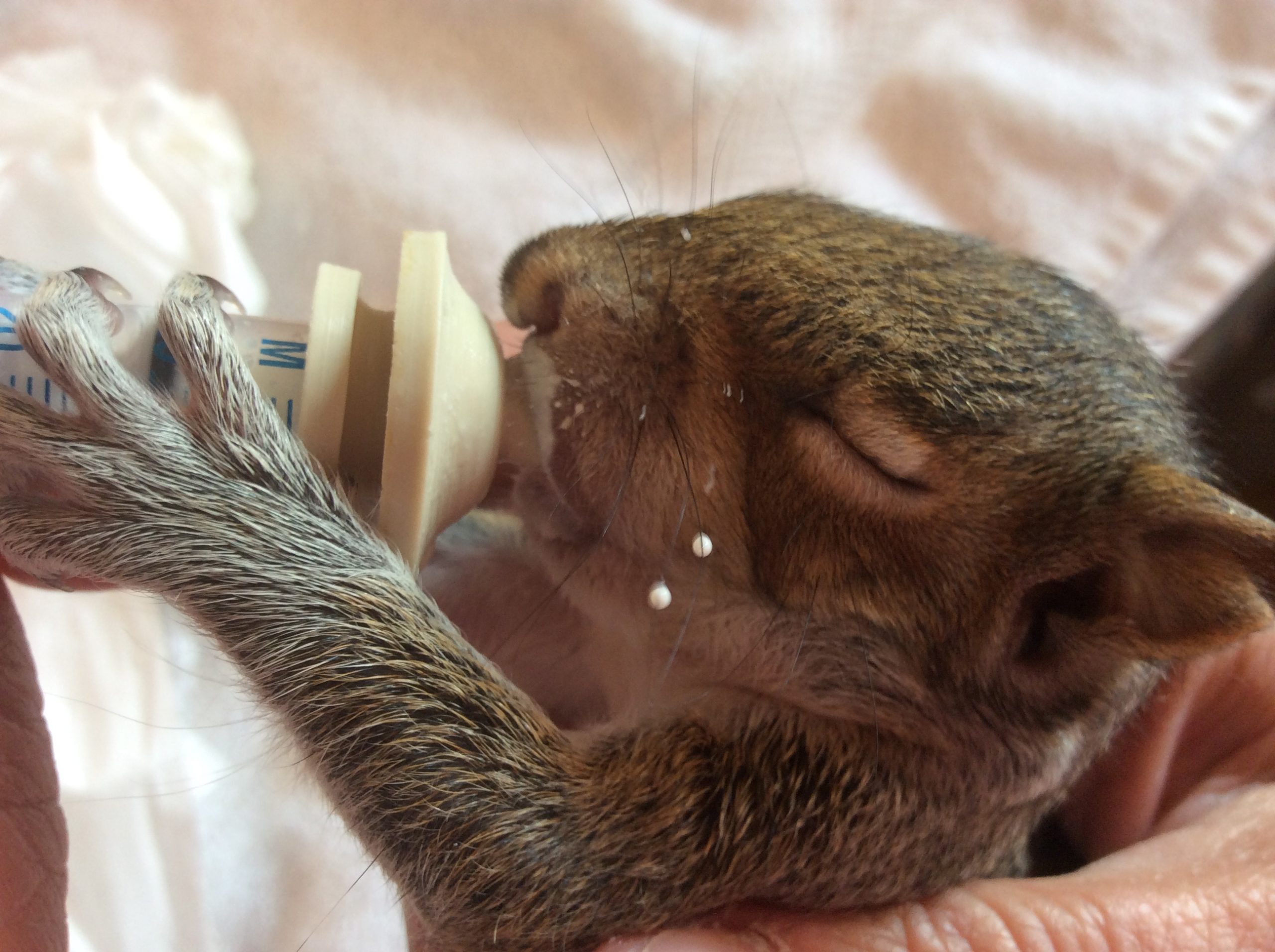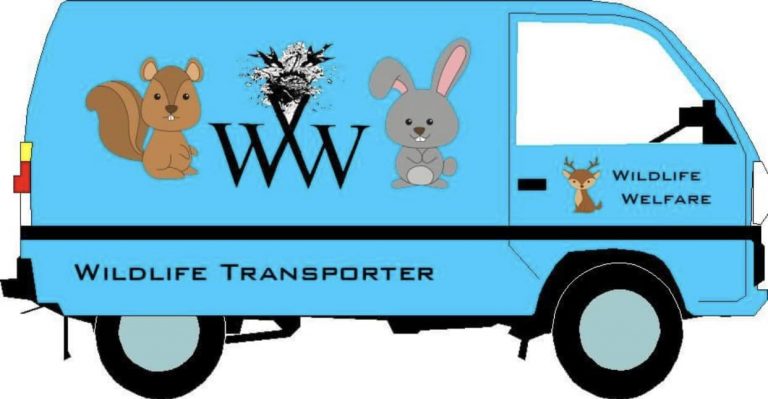Instructions on how to care for injured or orphaned wildlife and contact information for local wildlife rehabilitators.
HELP NEEDED!
Transporters are very valuable to our rehabbers and the animals in need. You are required to live in the Triangle, NC vicinity.
Rehabilitating Wildlife
Since 1991
We are a network of licensed, home-based wildlife rehabilitators dedicated to the rehabilitation and release of injured and orphaned wildlife. Serving Raleigh, North Carolina, and surrounding communities, we provide native wildlife with a safe place to heal and receive expert care.
WWI offers training, resources, and ongoing support to our member rehabilitators. All of our rehabilitators are volunteers who care for orphaned wildlife in their homes and raise them for release under the guidance of experienced mentors.
Learn to be a Wildlife Rehabilitator
Join us and take training classes to become a licensed wildlife rehabilitator. Care for local wildlife within a supportive community of rehabbers with the same passion for animals. Visit our Training Page to learn more or animals.
Support Local Wildlife
Wildlife Welfare also needs Transporters, donations of good or monetary donations. Click here to find out more ways you can help.
